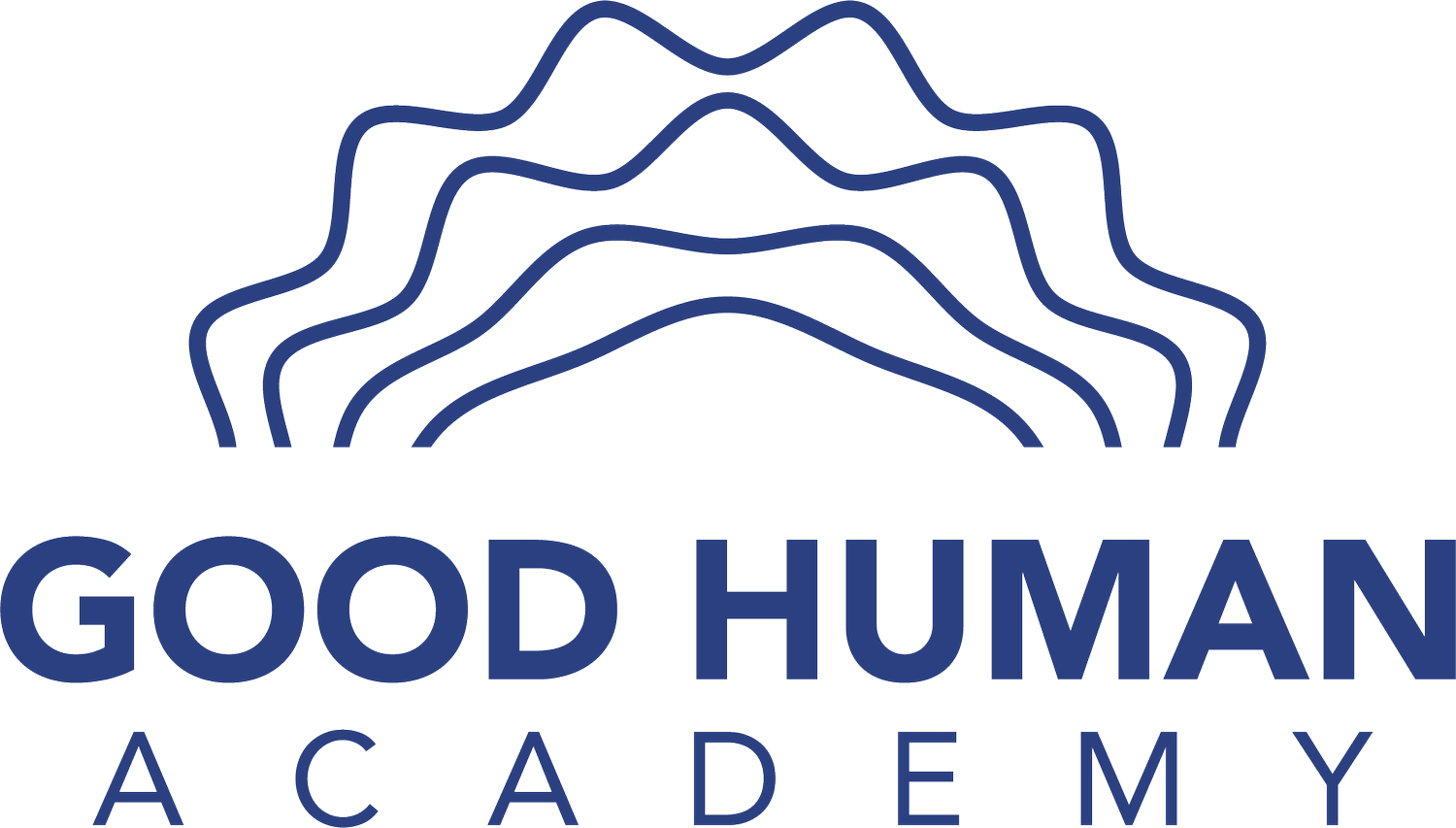Learning to Love Your Crooked Heart: Healing the Adaptations of Childhood Trauma
In the journey of becoming a good human, one of the most profound truths I’ve discovered it that none of us are perfect—and we don't need to be. W.H. Auden's words, "I will love my crooked neighbour with my crooked heart," reminds us of the beauty in embracing the messy, imperfect, and deeply human aspects of ourselves and those we love.
As a specialist in trauma healing and relationships, I see this play out every day: the tension between wanting to be "fixed" or "perfect" and the reality that much of our healing lies in learning to love the parts of us that feel most unlovable. The same goes for our partners or loved ones—they too, come with their own histories, wounds, and "crookedness."
This lesson has been personal for me. As a recovering perfectionist, part of my adaptation to being abandoned as a baby and growing up in a predominantly white town was the belief that if I could just be perfect, I would feel a sense of belonging. I spent years—and a lot of money—on fancy clothes I didn’t need, trying to craft an image of myself that I thought would earn love and acceptance. I procrastinated for months (and sometimes years) on pursuing my purpose, convinced that my efforts wouldn’t be "good enough."
I avoided romantic relationships at all costs, terrified that someone might see the real me with all my flaws. I learned to live behind a wall of protection with my crooked heart—lonely, scared, and timid. At the same time, I perfected the art of being a chameleon, bending myself into a pretzel to fit into my significant other’s or society’s version of who I "should" be.
As a person of color in this world, with an outwardly ambiguous race, this was further compounded by a need to adapt to different spaces. The most challenging realization of all was that my inability to love my own crooked heart meant that I often judged or criticized others for their imperfections. If I couldn’t extend compassion inward, how could I possibly offer it outward?
This realization marked the beginning of my journey—learning to embrace my crooked heart so I could love and look kindly upon my neighbours.
How Loving Our "Crooked Hearts" Heals
Trauma often teaches us to hide our imperfections, fearing rejection or judgment. But healing invites us to take the opposite approach: to reveal and integrate these parts, knowing that acceptance—both from ourselves and others—is where transformation begins.
Auden’s quote beautifully captures this spirit: that our love is most powerful not when it demands perfection but when it embraces imperfection. When we accept that both we and our neighbor are “crooked,” we release the burden of unrealistic expectations. Instead, we create room for curiosity, truth, accountability and deeper intimacy.
How I Support You in This Process
In my work, I help clients reconnect with their innate wholeness, acknowledging that while we all have "crooked hearts," we also carry immense capacity for love, connection, and joy. Through nervous system regulation, trauma healing and relational coaching, we explore:
How past wounds influence present behaviours and beliefs.
How to cultivate compassion for yourself and others.
How to love wholeheartedly—crookedness and all.
How to regulate —so the highs and lows are less intense.
From Perfectionism to Belonging
As a recovering perfectionist, I know how painful it is to strive for an unattainable ideal, only to fall further from a sense of belonging into depression. My healing journey has taught me that it’s not about fixing what’s broken; it’s about integrating what’s been left behind. When we stop fighting the parts of us we wish were different and start embracing them, we can truly show up for ourselves and our relationships.
This work is not easy, and it doesn’t happen in isolation. Healing requires the safe enough, empathetic presence of another—a trained professional who can hold space for your unique journey. The “fix-it” medical model is not what I’m referring to here. Healing happens in relationship, just as wounding often does.
As Auden suggests, loving from a place of imperfection is not a weakness; it’s the foundation of real belonging. Healing is not about becoming someone you’re not—it’s about rediscovering who you already are and learning to love from that place.
Would you like to explore what it means to embrace your “crooked heart” and build stronger, more authentic relationships? Let’s connect.




